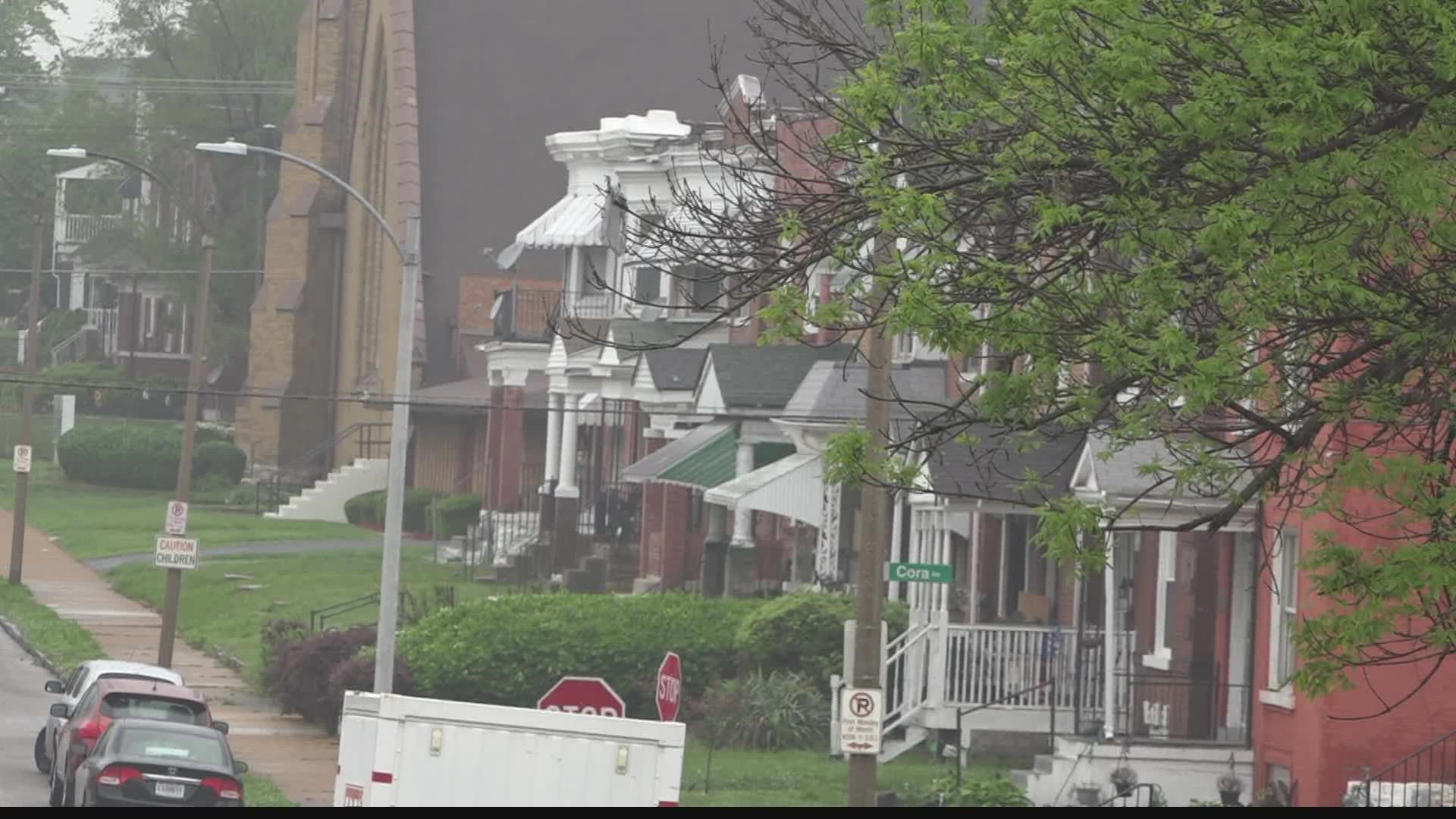UNIVERSITY CITY, Mo. — The language that kept many Black families, and other minorities, from living in a home for decades started in the 1920s, but it is still visible in records for some homes in St. Louis and St. Louis County.
A realtor in St. Louis is just one of the many calling attention to those racial covenants.
While working to sell a home in University City recently, Maria Stewart from St. Louis found an indenture from the 1940s that included some language that is now considered illegal.
An indenture usually includes information such as fence restrictions or solar panel approval, or other important information that the home buyer should know before purchasing the property.
Instead, Stewart told 5 On Your Side she and her client had to face scribed racist language attached to the home’s paperwork.
She acknowledged the documents themselves if enacted are in direct violation of the Civil Rights Act of 1968 and Fair Housing Act, but still wondered why people are forced to see them.
"It's a horrible reminder of a very negative part of our history and it comes smacking you in the face in 2022 during a home purchase process. It kind of tells you and your client that we don't really want you here. And that's the worst thing to feel when you're trying to purchase a home," Stewart said.
This was a flashback to the late 1940s on Labadie Avenue in North St. Louis where a plaque sits in the front lawn.
A Black couple batted a racial covenant back then led to Shelley Vs. Kramer, a landmark U.S. Supreme Court case that holds the 14th Amendment's Equal Protection Clause, banning state courts from enforcing these covenants.
Colin Gordon, a history professor at the University of Iowa, took an interest and started research on the roots of racial segregation in Greater St. Louis more than 10 years ago.
Gordon was intrigued by the presence of the small-scale private restrictions but frustrated that he did not have access to them as they were buried among deed records.
He began working with housing advocates at the St. Louis Equal Housing Opportunity Council and Legal Services of Eastern Missouri where a colleague found a catalog of restrictions that was kept by a large title company.
They were able to zero in on the racial restrictions and developed an extensive database on the locations where the restrictions were.
They found roughly 30,000 properties in St. Louis City and County with the language still tied to their deeds, identified on an interactive map.
He said they always understood that large-scale subdivisions with horse stables had said restrictions.
“We had no idea before this project how extensive they were. How every little working-class suburb in North County was just blanketed with these restrictions. Almost every town in the town of Ferguson and Velda Village Hills” Gordon said.
As of 1950, Gordon estimated between 80 and 90% of single-family homes in the city and country were restricted to Caucasian families only.
Stewart made clear it was not just racism that surfaces in the deeds.
“There have been indentures that describe how many non-blood-related family members can reside in a particular residence. Almost every subdivision in the town of Ferguson and Velda Village Hills," she added.
A spokesperson for the City of University sent the following statement in response to the realtor’s concerns and other findings:
“The language that exists in the indenture documents that is racially insensitive does not reflect the values of our community and the Mayor and Council. Our community prides itself on being diverse and having neighborhoods that are racially integrated. This is an issue that should be of concern to the entire region. University City does not record deeds or subdivision indentures; the St. Louis County Recorder of Deeds does. However, University City has laws prohibiting housing discrimination and will fully investigate any complaint, including with respect to this property, and will take all appropriate action. Racially restrictive covenants are illegal and Missouri law specifically authorizes subdivisions to delete them from indentures without approval of the property owners. All subdivisions should check their indentures and take action to delete all racially restrictive covenants."
Both Stewart and Gordon said they would continue to work on ways in which people might be able to get into their deeds and remove the covenants without having to cost them any money.
You can view the interactive map here.

